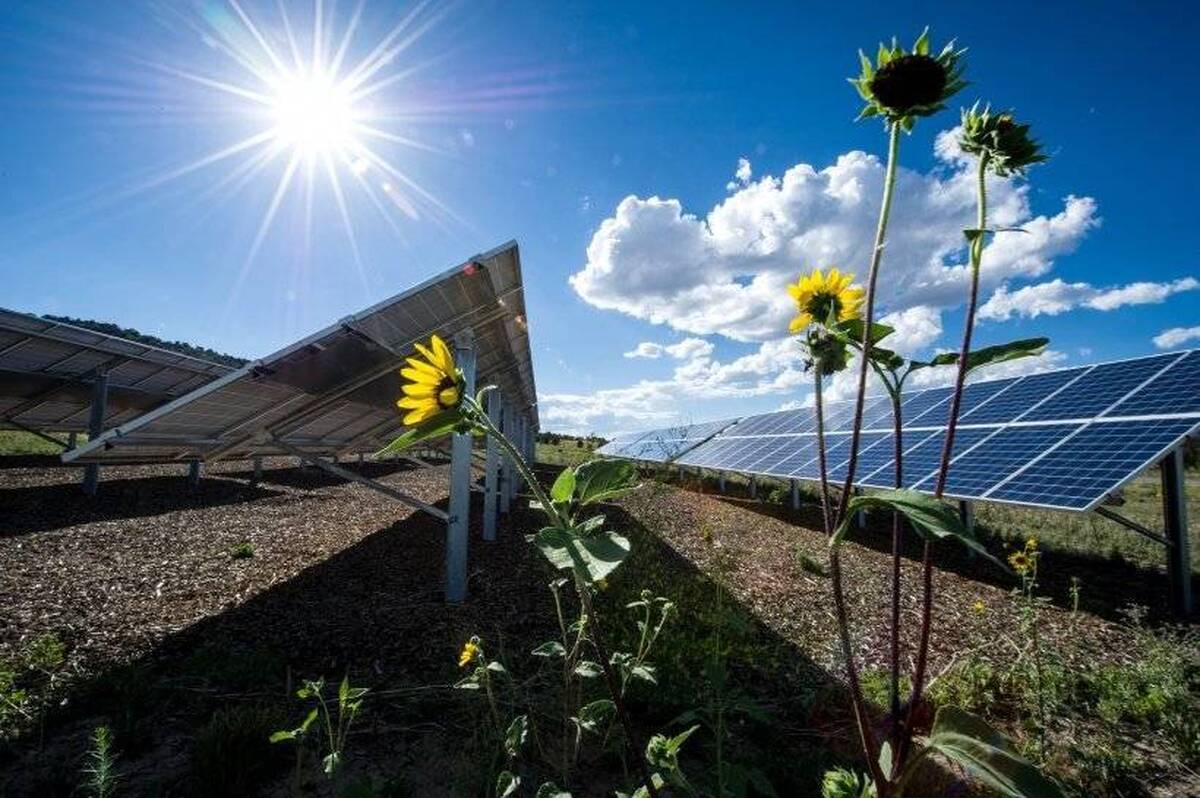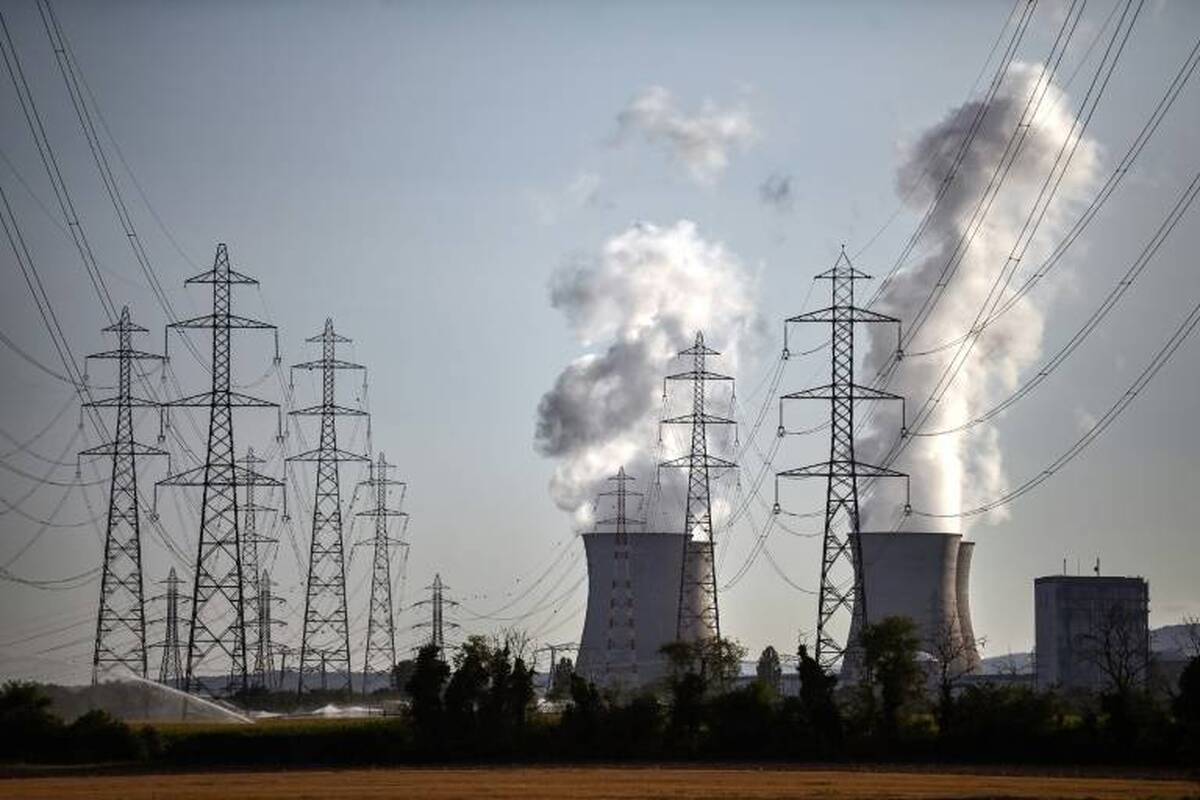Renewable Energies Cover 56 Percent of Electricity Consumption in Germany in Q1

"The recent steady increase in the share of renewables in electricity consumption shows that we are on the right track," Kerstin Andreae, chairwoman of the Executive Board of the German Association of Energy and Water Industries (BDEW), said.
Electricity generated by renewables grew to 75.9 billion kilowatt hours between January and March, up 9 percent year-on-year. Onshore wind turbines alone produced 39.4 billion kWh of electricity, covering more than a quarter of the electricity demand, according to the calculations.
"The expansion of renewable energies has recently increased significantly. This is now being reflected in electricity generation," Andreae said. However, she noted that intensified efforts are needed to achieve the climate targets.
Germany aims to cover at least 80 percent of its gross electricity consumption from renewable energies by 2030 and to achieve its climate neutrality by 2045, five years earlier than the European Union as a whole.
According to an analysis published Friday by KfW Research, a German investment and development institution, every second company in Germany uses electricity from renewable energies. The companies use a corresponding electricity tariff or have established their own supply using biomass, photovoltaics or wind turbines.
"The increased use of renewable energies is central to the success of the green transformation in the corporate sector," said Fritzi Koehler-Geib, chief economist at KfW, who also stressed that there still was a "particular need for action in the provision of heat."
To achieve the energy transition, the lower parliament Bundestag passed a solar-related package to reduce bureaucracy in the construction and operation of photovoltaic systems and to further accelerate the expansion of photovoltaics.
Under the solar package, private households can operate mini solar systems on their balconies without necessity to register them with the grid operator.
4155/v
























